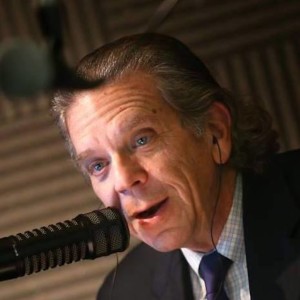
One of the overwhelming ideas of the 20th Century has been the struggle of people throughout the world, to achieve a middle class life. The Horatio Alger mythology of pulling oneself up by their bootstraps has informed most of the American experience, but not necessarily for Cesar Chavez.
When we think of Chavez, we think of farm workers, the fields of Delano, or the organization of the UFW. The grape boycott of the late 60’s, the secondary boycott, which would give the farm workers their greatest success and the Chicano movement of which he would become a part. In fact, Chaves’ life and his legacy was far more complex.
More than a union organizer, he saw himself as a community organizer. Perhaps a community organizer on steroids. He sought not just to lift up people, but to solve there problems. Where many wanted to move farm workers to the middle class, Chavez saw a kind of nobility in poverty which actually may have limited his success.
Miriam Pawel has written the first full throated biography about The Crusades of Cesar Chavez:
My conversation with Miriam Pawel:
More Episodes
Is This The End of Shopping?
 2019-01-30
2019-01-30
 2019-01-30
2019-01-30
Black Feminist Politics
 2019-01-29
2019-01-29
 2019-01-29
2019-01-29
Housing, Housing, Housing
 2019-01-17
2019-01-17
 2019-01-17
2019-01-17
The Pentagon's $21 Trillion Con Game
 2019-01-09
2019-01-09
 2019-01-09
2019-01-09
The Business of Punishment
 2018-12-19
2018-12-19
 2018-12-19
2018-12-19
California is Burning - Here's Why
 2018-11-20
2018-11-20
 2018-11-20
2018-11-20
Jamal Khashoggi's Secret Interview
 2018-11-20
2018-11-20
 2018-11-20
2018-11-20
012345678910111213141516171819
Create your
podcast in
minutes
- Full-featured podcast site
- Unlimited storage and bandwidth
- Comprehensive podcast stats
- Distribute to Apple Podcasts, Spotify, and more
- Make money with your podcast
It is Free
- Privacy Policy
- Cookie Policy
- Terms of Use
- Consent Preferences
- Copyright © 2015-2024 Podbean.com





